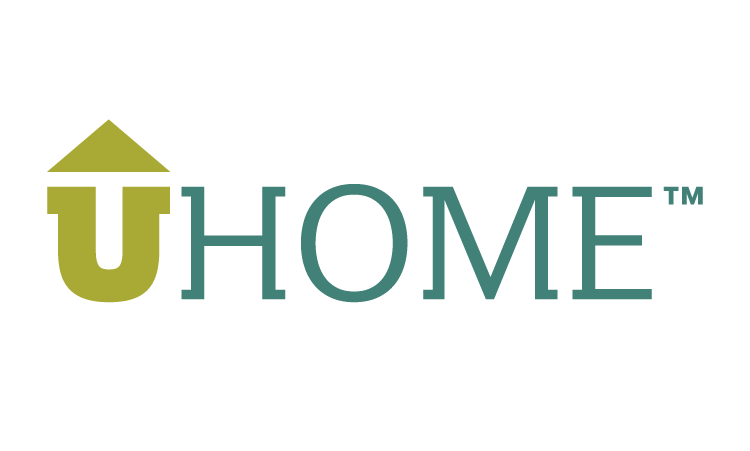4 Signs Your Aging Parent Might Need More Support
As we enter the holiday season, many adults are eager to visit their aging parents – sometimes for the first time in months. Many may witness changes in their loved ones' physical appearance, behaviors, and the condition of their homes, all of which can cause significant stress and concern. Changes like these may be potential warning signs that your parents require more care and assistance to stay safe and healthy while living independently.
Aging adults are not likely to come right out and say they are struggling and need extra support, as the fear of losing control over their lives can be paralyzing. When coming home to visit a loved one after being away for weeks or months, you may notice signs that they need extra help to remain independent. Little things like piles of unopened mail, excessive expired products in the refrigerator, and lack of personal hygiene are signs they may need additional support.
It is essential to know and be aware of the signs to ensure you do everything possible to support and protect your loved one. Physical and mental health decline can surprise family members, especially if aging parents seemed to be doing well on the last visit. The key is to be aware of minor signs or problems so your family has an inkling of potential health decline and can adequately prepare for a healthy, happy future for your loved one.
Aging is part of the cycle of life, and we naturally expect our parents to eventually show signs of getting older, but some signs can be indications that a loved one's health and lifestyle are at stake. Here are four important things to be aware of:
1. Decline in Self-Care
Being able to meet our basic needs is essential to living a healthy life as we age, and it's vital to ensure your aging parent is adequately caring for themselves. A decline in self-care can include ignoring personal hygiene, not paying bills, not maintaining the integrity or cleanliness of the home, not obtaining or preparing food (leading to poor nutrition), not seeking medical care for potentially severe symptoms, not filling prescriptions, not taking medications are all signs that your parent may need additional support.
2. Increased Isolation
Changes in mood, different or erratic behavior, and less time being active outside the home are signs of increasing isolation. It's important to note that it may be in line with one's personality to be more introverted and spend more time alone at home than others. Pay attention to significant changes in your parent's desire to maintain relationships.
3. Missing Schedule Appointments
One significant indicator that your parent may need additional support is missed doctor's appointments, especially if they often go on the wrong day or at the wrong time. Alternatively, they may intentionally neglect their doctor's appointments because they are worried about what the doctor might tell them. Whether it's due to confusion or avoidance, knowing your parent's appointment schedule can help you recognize missed appointments and allow you to follow up with your parent afterward.
4. Unexplained Bruises Or Falls
Increased frailty or inability to move around inside or outside the home on their own or being unable to recall how they were bruised or injured are signs that your aging parent may require extra care and support to ensure their safety and independence, especially if living alone.
At What Age Do My Parents Need Help?
Your parents may need help as early as sixty or as late as eighty. Every adult declines differently depending on lifestyle, health, diet, etc. If a parent receives a diagnosis of dementia or other long-term illness, they may require additional support earlier than most. Conversely, some seniors can maintain their lifestyles well into their nineties.
If My Parent Does Need Support, Where Do I Start?
We all need help as we age – it's no reason to feel ashamed or embarrassed. It can be incredibly tough to let go of independence and the lives we've led for so long as we age. Don't expect them to be receptive to your help right away. The key is to listen with compassion, ask them what they want/need, and do what you can to help without taking away their control.
There can be multiple ways to help your parent to remain independent longer:
Get a Virtual Home Assessment from U-Home
Hire a grocery delivery service to bring food weekly
Utilize a weekly or monthly housekeeper
Discuss their desire to age in place and how you can help them remain as independent as possible for as long as they wish
Expert Tip: Emphasize to your parent how these additional supports will help them maintain their independence longer so they can better enjoy their golden years on their terms.
Noticing the signs that your loved one needs more help can prompt questions about what kind of help is required and how to deliver this help best. Fortunately, Universal Home Consulting supports the aging loved one and the caregiver. Click here to contact us and discuss how we can meet your loved one's desire to age independently in their own home for as long as possible.
